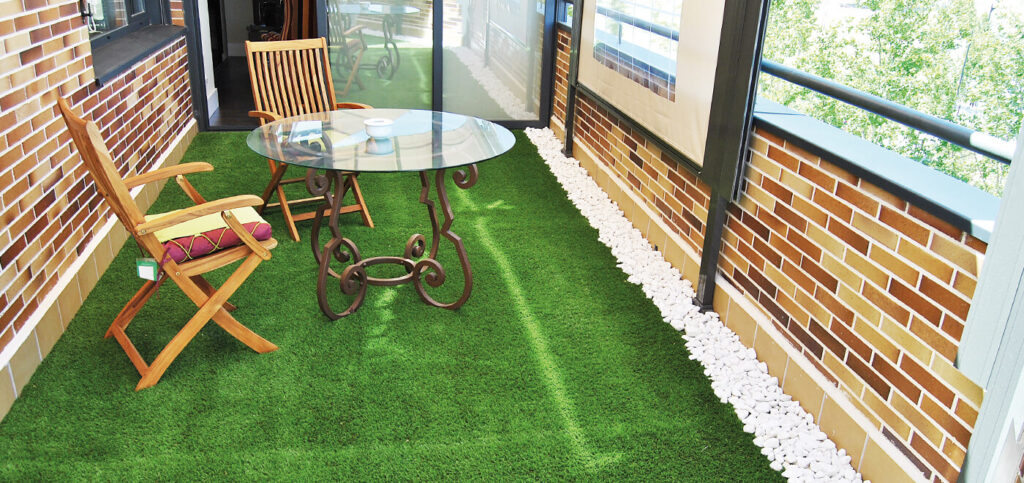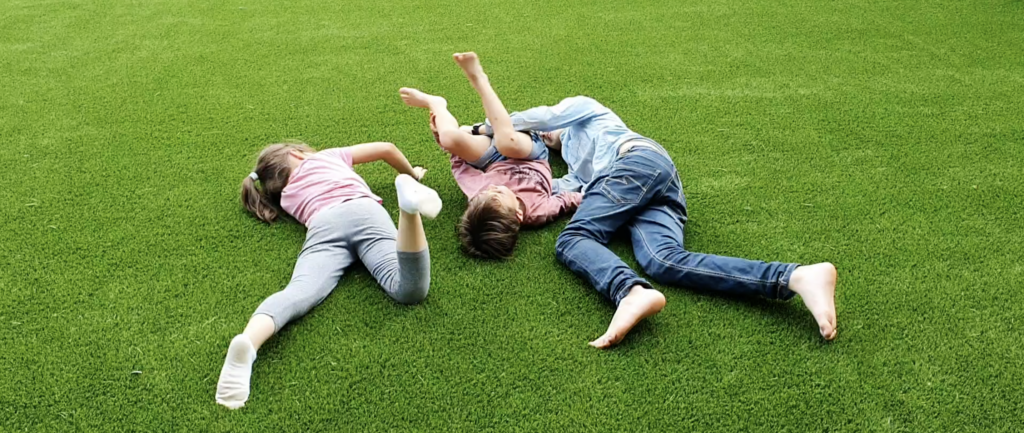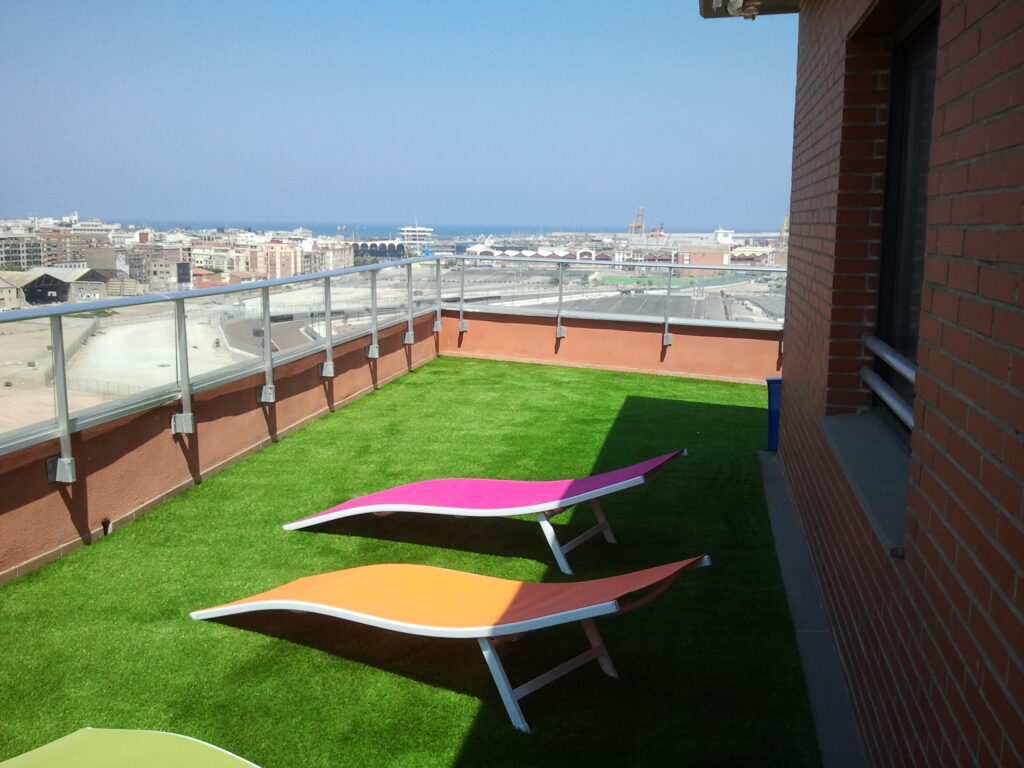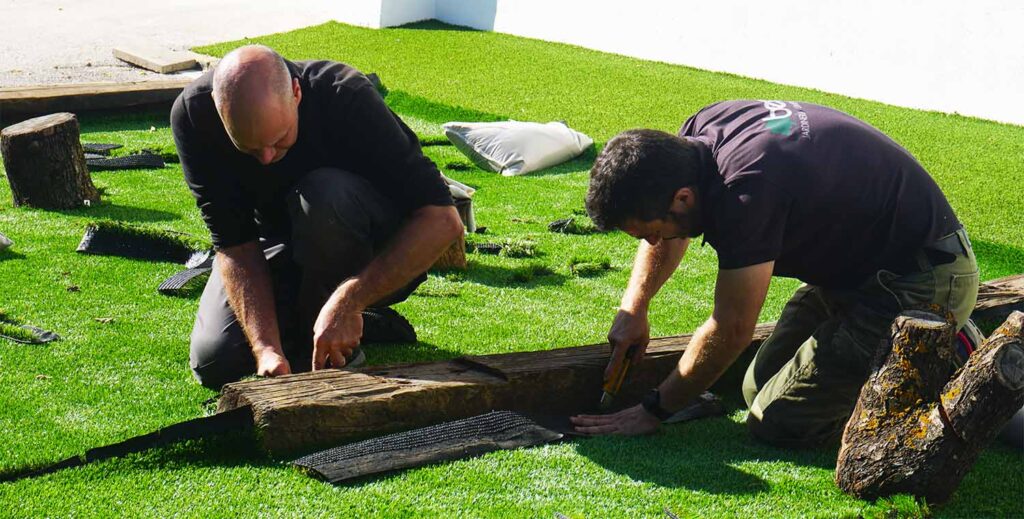If you are passionate about gardening, at some point you will consider planting trees. Certainly, you need to know that some trees and shrubs are better than others, so there are several important things to consider before planting trees in your yard.
The use and choice of trees in gardens will depend on factors such as the size of the garden, the terrain, the climate and the mature size of each plant.
Outdoor appeal is undoubtedly very important for every home, but in addition to considering a tree’s ability to provide shade and coolness during the hot summer months, there are other essential aspects to consider.
Some trees have very deep and strong roots that can slowly damage the foundation of your home. Others have weak wood or are known to attract various diseases and pests. Others can grow invasively or even be very poisonous and can put your children or pets at risk.

Poplar or Poplar
Many people prefer poplar or poplar. (genus Populus) rather than other trees, given its aesthetically pleasing appearance and low maintenance. However, aspen has a very shallow and soft root system. Its wood is prone to rot, making it very unstable during severe storms.
Besides the fact that the tree itself is quite fragile, it can also be damaged by insects and diseases, making it even more exposed to the elements.
Given the superficiality of its roots and the propensity to form new trees from them, we can find ourselves with the problem of having planted a poplar in an area of the garden and that new poplars begin to grow in areas we do not expect.
Definitely not a tree for a garden of less than 3,000m2.
Jacaranda
Jacaranda(Jacaranda mimosifolia) is a subtropical tree native to South America and widely cultivated for its showy and long-lasting violet flowers. Because of their decorative appearance, jacarandas are highly valued in gardening. Its roots are not invasive, so when there is a period of water shortage the tree looks very bad. Growing jacaranda trees is mainly a matter of having the right environment, Jacarandas are true southern trees, thriving in coastal areas. This tree does not do well in cold areas. Flowering occurs in spring, and there may be a second bloom in early fall; when the flowers fall, they cover the ground in a thick layer and must be raked up before they decompose. Also, during this period, don’t park your car nearby if you don’t want it to get dirty.


Pine
Although white pine(Pinus halepensis) does not reach amazing heights like other trees, it is not a great choice for cold climates. On the other hand, its extremely sticky resin can ruin your car or if you have artificial turf making it very difficult to clean. In addition, the pine is also known to attract the pine processionary(Thaumetopoea pityocampa) which is a dangerous pest, so you have to ask yourself if this tree is really worth it.
Mulberry
Most people should avoid planting this tree in their garden simply because it produces large amounts of pollen which, in addition to attracting insects, can be unpleasant for allergies. Mulberry trees(morus alba) are extremely invasive, if you cut down a mulberry it will grow back again and again, plus they produce mulberries that will stain anything they touch. Although they can provide great summer shade, they may not be worth the inconvenience. If you still want a mulberry, there are other varieties on the market that are fruitless.
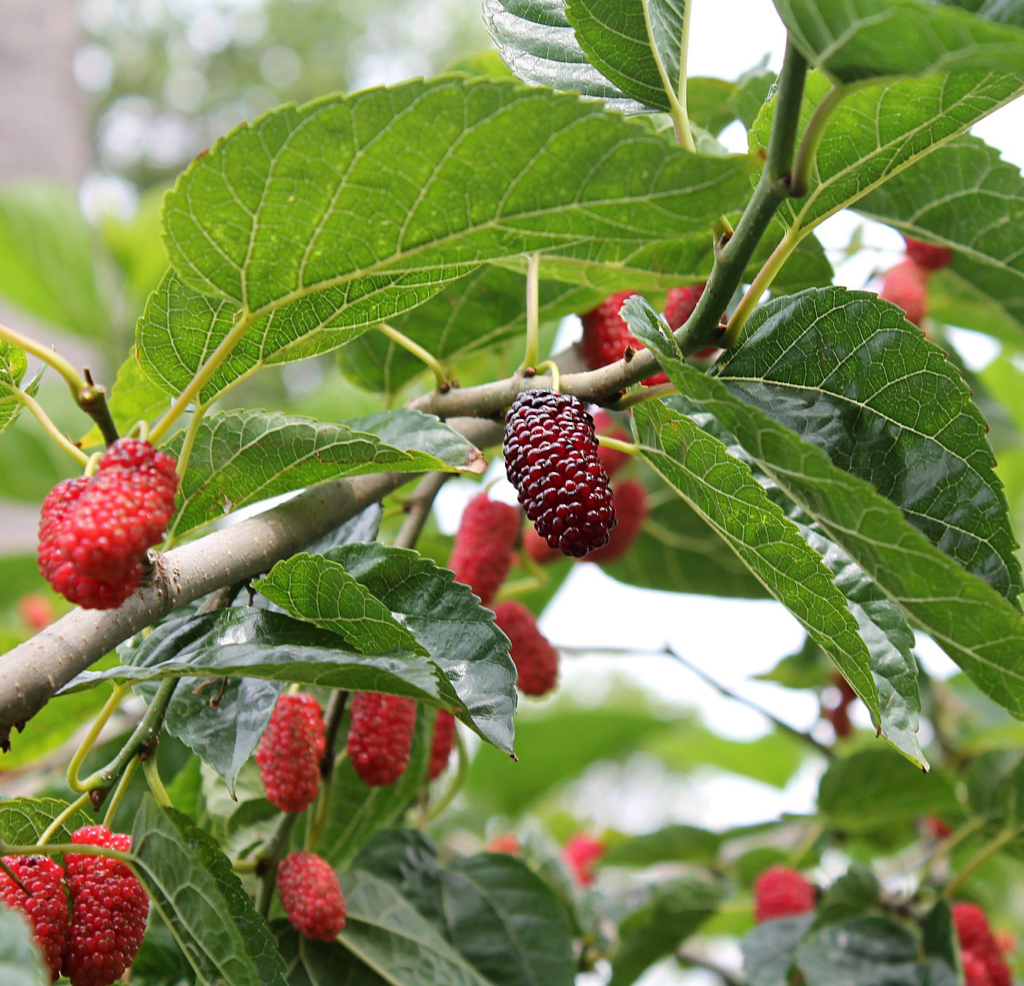
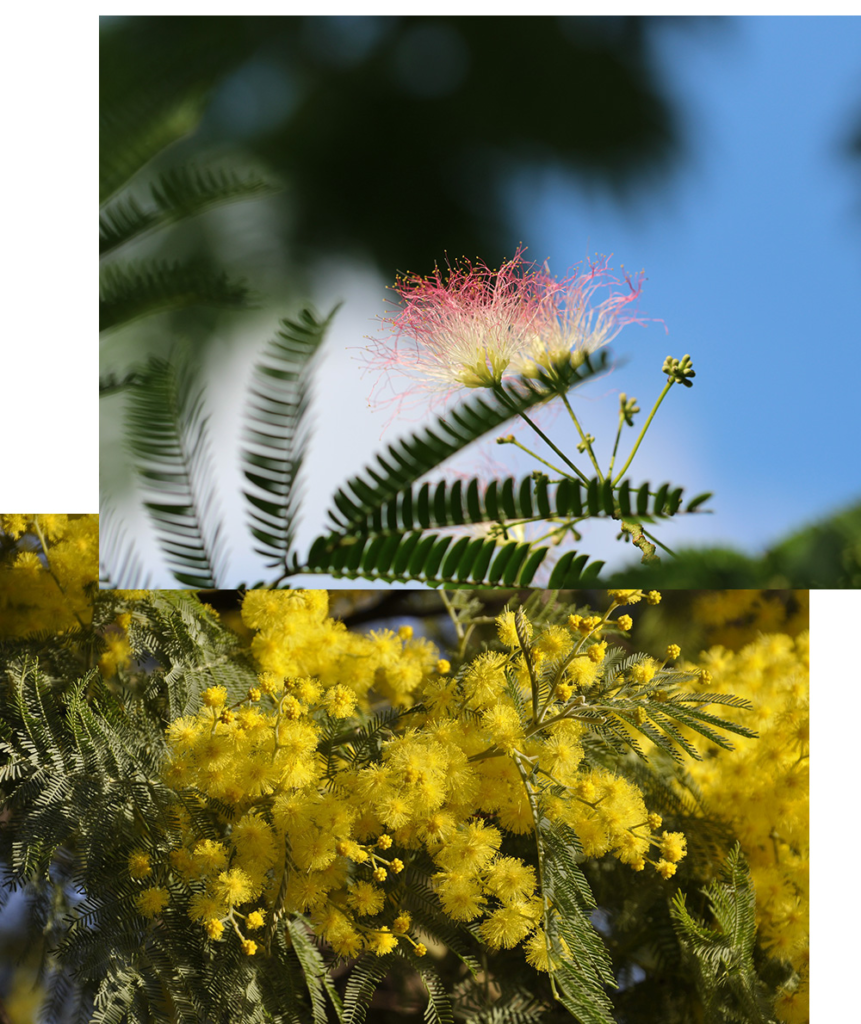
Mimosa
Like poplar or poplar, the mimosa (Acacia dealbata y Albizia julibrissin) has particularly weak wood which makes it a highly unpredictable tree during storms. This type of tree also attracts aphids and other pests, and mimosa is also famous for producing seeds that germinate quickly so you could end up with a huge mimosa forest faster than you think.
In addition to belonging to an intrusive genus, the mimosa is a difficult specimen for gardeners to maintain. Bright pink flowers adorn the tree in summer, transforming into flattened bean-like pods in the fall. Very pretty visually, but translates into a lot of maintenance and cleanup in the garden. It is also a species that does not tolerate aggressive pruning, as it does not heal wounds well.is a species that tolerates aggressive pruning very poorly, as it does not heal wounds well.
Many people does not take into account all the factors necessary to choose the right tree for your garden. Here we show you 5 trees that could cause you problems.


